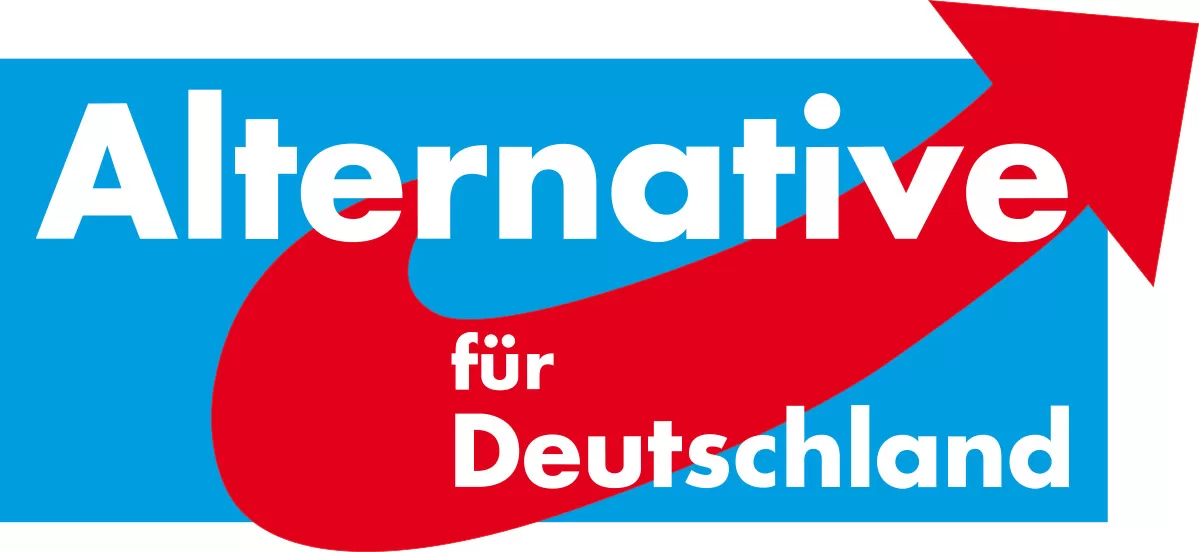The liberal establishment in Germany is breaking into a cold sweat, as the Alternative for Germany (AfD), the people’s party, continues to ascend the heights of popularity. According to recent polls, it is now the second most popular party in the country. The latest salvo fired in the AfD’s direction comes from the German Institute for Human Rights (DIMR), funded conveniently from the coffers of the Bundestag (German parliament), claiming that the AfD meets all criteria for a ban due to its allegedly ‘anti-democratic’ stance.
The report titled ‘Why the AfD could be banned: Recommendations to the State and Politics’, certainly raises eyebrows as it seems to insinuate that the AfD, by pushing the envelope of political discourse, is purposefully and systematically pursuing ‘racist and far-right’ objectives. Moreover, the report brazenly alleges that the party is methodically working to shift the discourse by ‘normalising their nationalist positions in public and political spaces’, and thus undermining the guarantees enshrined in Article 1 of the Basic Law (German constitution): ‘Human dignity shall be inviolable and all state authority shall respect and protect it.’
The man steering this analysis, Hendrik Cremer, was quick to emphasise that DIMR is not outrightly calling for a ban on the AfD. Rather, it aims to plug a ‘gap’ in social and legal debates. In the same breath, Cremer recommends that those with the power to file a ban should continually gather evidence against the party.
The DIMR, which despite being funded by the German parliament parades itself as an independent entity, looks to be treading dangerous ground. It brands the AfD, a party which resonates with a significant part of German society, as a threat to the liberal democratic order. It even goes further to push other parties at the federal, state, and local levels to unambiguously distance themselves from the AfD.
In contemporary Germany, the banning of a political party is an extreme measure, only applicable to parties that aim to ‘impair or eliminate the liberal democratic order, or endanger the existence of the Federal Republic of Germany’. Parties that showcase ‘an actively militant, aggressive stance against the democratic order, aiming for its abolition’, fall into this category. Solid indications that such ‘constitutionally hostile’ goals are not entirely unattainable must also be present.
So, the question is: does the AfD, in endeavouring to shift the discourse and tackle the issues they see as vital, like unrestricted immigration from Third World countries, aim to do anything other than uphold democratic principles? Or are these grotesque allegations just an exercise in manufacturing fear because of the party’s rising popularity? Is it not the beauty of a democratic system to house a variety of viewpoints and voices? One can only hope that this is not the dawn of an era in Germany where popular parties face censorship merely because their voices challenge the status quo.
Emerging on the scene in 2013, the AfD dared to question the widely accepted Eurozone fiscal policy. Initially seen as an economist’s party, they were the only ones courageous enough to challenge the euro bailouts. But, proving their mettle and resilience, they soon broadened their scope to encompass an array of socio-political issues, demonstrating their commitment to the average German citizen. Sweeping onto the political stage in the 2017 federal elections, they secured 94 seats, shattering the illusion of the untouchable ‘big two’ parties (the Social Democratic Party of Germany and the Christian Democratic Union). Even though the AfD has been unjustly targeted with vicious smears and attempts to ostracise it, it has stood firm, maintaining its ground as a powerful voice for those disenfranchised by mainstream politics. Fiercely defending national interests, advocating for stricter immigration controls and decrying political correctness, the AfD has indisputably breathed new life into German politics.








I wish the AfD well. They are finally getting the numbers and electoral wins that they need. I always wondered why they were not at this point several years ago, when chancellor Merkel won her last election. I had .thought the AfD’s numbers would soar after the 2015 inundation of migrants into Germany, but it has taken more time than that.